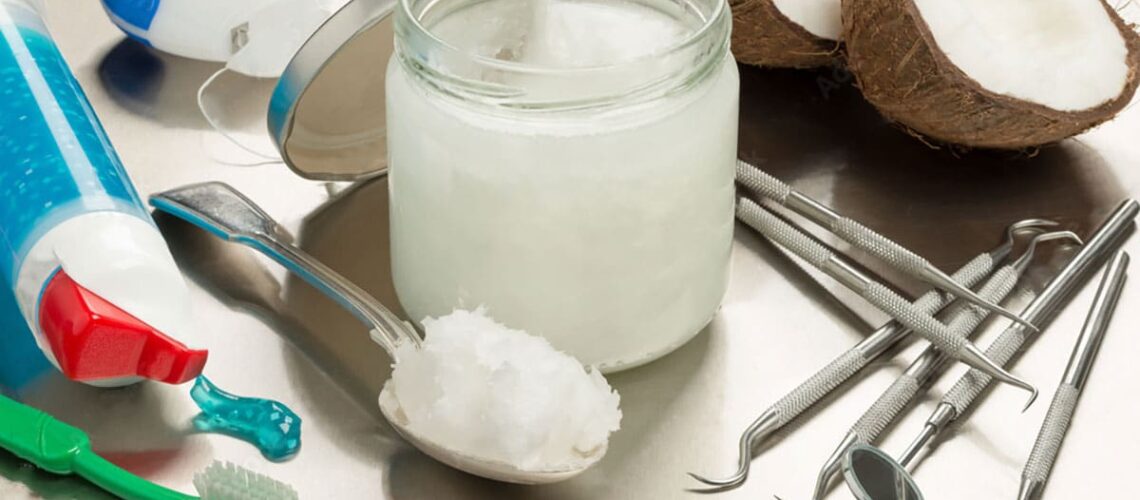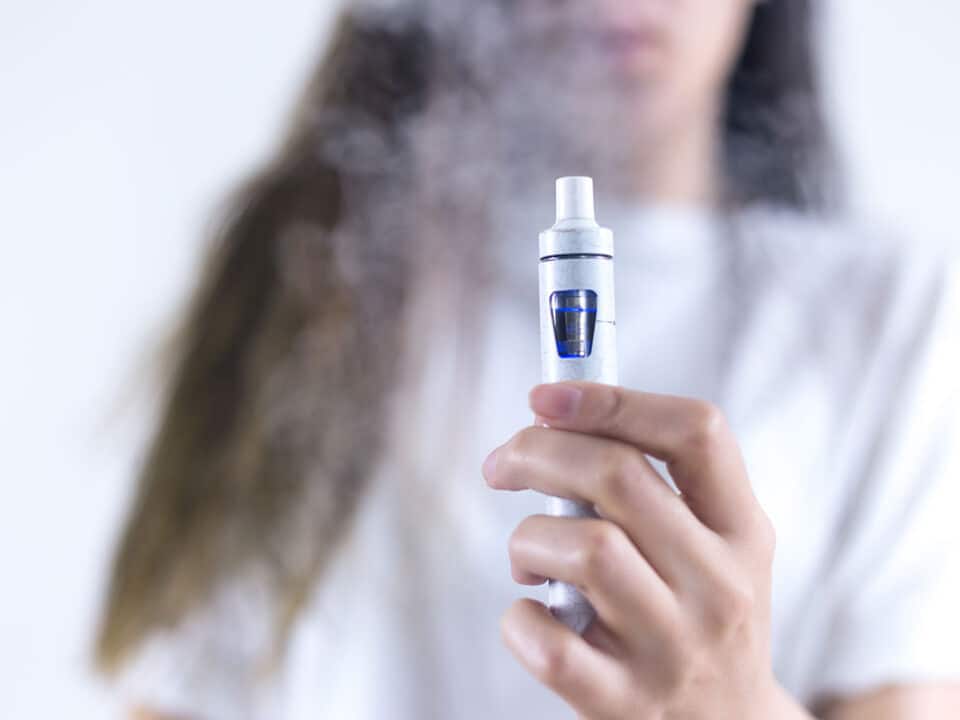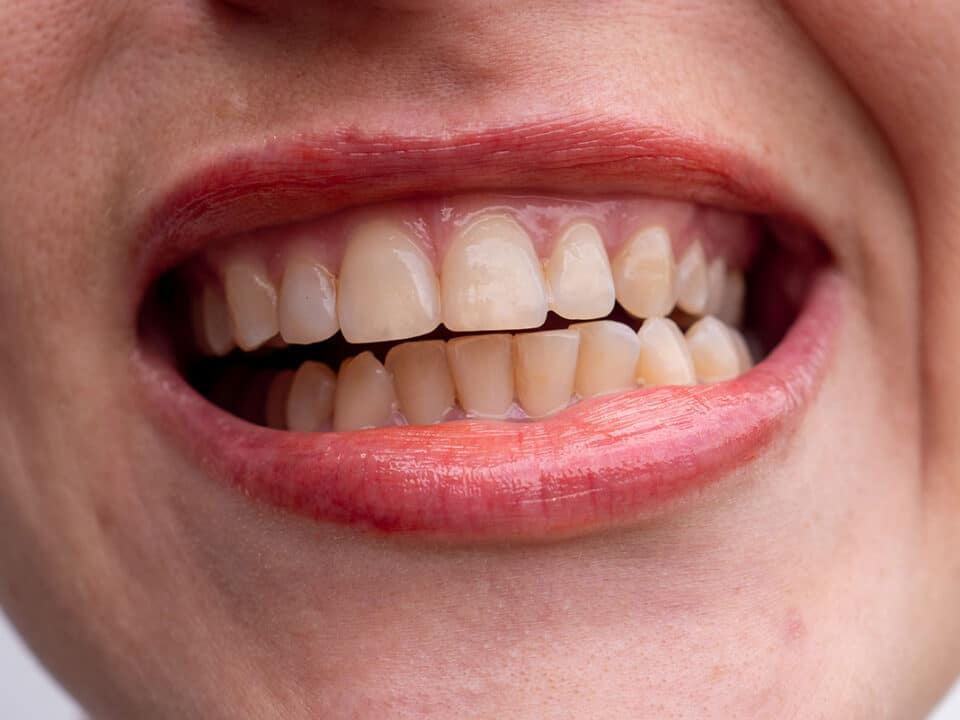Oil pulling is an ancient Ayurvedic practice that has been gaining popularity in recent years as a natural remedy for improving oral health. Many proponents claim it provides numerous benefits, such as whiter teeth, fresher breath, and improved gum health. However, despite these widespread claims, there is little scientific evidence to support them, and those studies that have been conducted show only a limited improvement in the bacterial environment inside the mouth. In contrast, modern dental care methods, including brushing, flossing, and using mouthwash, have been extensively studied and proven to be more effective. This article explores oil pulling, the reported benefits, its limitations, and why traditional dental care remains the superior approach. Does oil pulling promote dental health? Let’s find out.
Table of Contents
What is Oil Pulling?
Oil pulling is an oral hygiene technique that involves swishing oil around in the mouth for a prolonged period, usually 15-20 minutes, to remove bacteria, toxins, and debris. This practice dates back thousands of years to ancient Indian medicine (Ayurveda), where it was believed to support overall health beyond oral hygiene.
Natural oils such as coconut, sesame, and sunflower oil are commonly used. Advocates claim that oil pulling helps reduce plaque buildup, prevents oral diseases, and even detoxifies the body. However, these claims are largely anecdotal, and modern scientific studies have not confirmed that oil pulling provides superior benefits to traditional oral care methods. The lack of definitive research makes substantiating many of the claims made about this practice difficult.
Does Oil Pulling Promote Better Dental Health?
While oil pulling may have some impact on reducing harmful bacteria in the mouth, there is no strong scientific evidence to suggest that it is more effective than brushing, flossing, or using mouthwash. Some small studies suggest that oil pulling may reduce bacteria like Streptococcus mutans, which contribute to cavities, but the results are not significant enough to replace conventional oral care – not by a long shot.
The Canadian Dental Association (CDA-ADC) does not recommend oil pulling as a primary oral hygiene practice due to the lack of reliable clinical research supporting its effectiveness. Dental professionals continue to advocate for brushing and flossing as the most effective ways to maintain oral health.
Scientific Examination of Oil Pulling
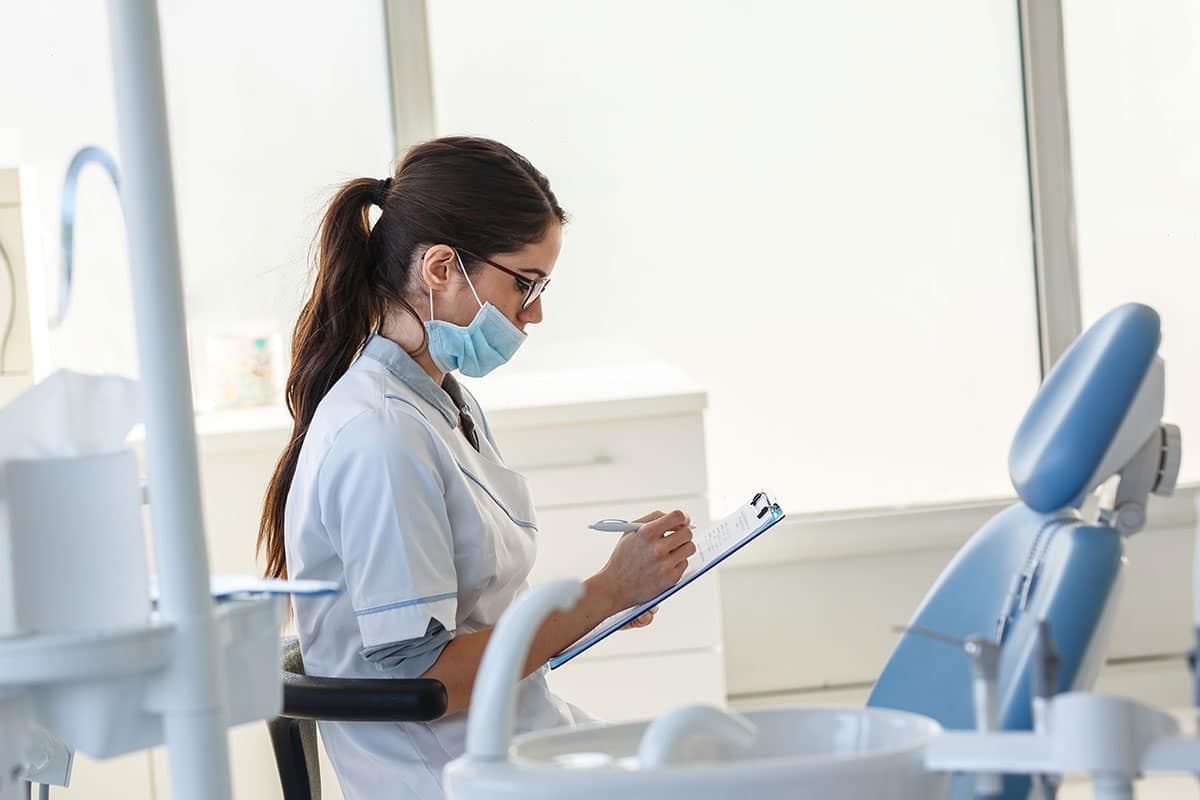
A study published in the Journal of Traditional and Complementary Medicine (PMC5654187) examined the effects of oil pulling on oral health. The study found that while oil pulling with coconut oil had some antibacterial effects, even reducing bacteria in the mouth by 20%, plaque scores were reduced by an average of 25%, and halitosis was reported as reduced; it was not more effective than traditional mouthwash in these areas. The authors concluded that while oil pulling might have a mild impact on oral hygiene, it should not be used as a replacement for conventional dental care practices. This study highlights the primary issue with oil pulling—although it may provide some benefits, they are not superior to those provided by proven, scientifically-backed oral hygiene methods.
How to Do Oil Pulling
For those who still wish to try oil pulling as a supplementary practice, here’s how it’s typically done:
Choose Your Oil: Coconut oil is the most popular due to its antimicrobial properties, but sesame and sunflower oil are also used.
Take One Tablespoon of Oil: Swish around a tablespoon (15ml) of oil in your mouth.
Swish for 15-20 Minutes: Continuously move the oil around your teeth and gums. This can be a long time for some people, making it difficult to maintain consistency.
Spit It Out: Avoid swallowing the oil, as it may contain bacteria and toxins from the mouth.
Rinse and Brush: Rinse your mouth with warm water and brush your teeth thoroughly.
It is important to note that oil pulling should be performed in addition to regular brushing and flossing, not as a substitute.
Reported Benefits of Oil Pulling
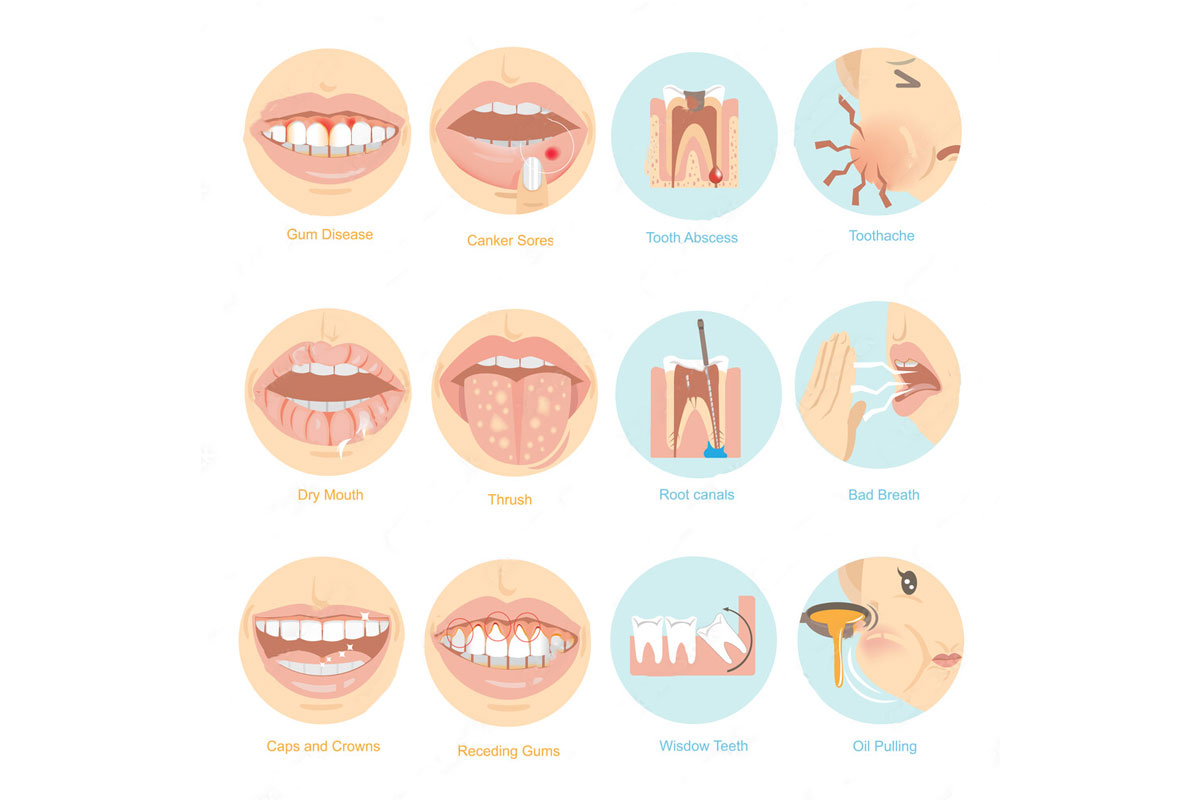
Despite the lack of scientific validation, many individuals claim benefits from oil pulling. However, these are largely based on personal testimonials rather than clinical research. Some of the most commonly reported benefits include:
1. Reduces Harmful Bacteria (Limited Evidence)
While some small studies suggest that oil pulling may help reduce bacteria such as Streptococcus mutans, traditional brushing and mouthwash are significantly more effective.
2. Improves Breath Freshness (Anecdotal)
Some users report fresher breath after oil pulling, likely due to the removal of bacteria. However, mouthwash or antibacterial toothpaste provides a scientifically supported alternative.
3. Whitens Teeth (No Scientific Basis)
Although many claim whiter teeth from oil pulling, there is no scientific evidence to suggest that it is an effective whitening agent. Traditional whitening toothpaste, professional dental cleanings, and whitening treatments are proven to be more effective.
4. Supports Gum Health (Not Clinically Proven)
While some suggest that oil pulling reduces inflammation and supports gum health, flossing and using an antimicrobial mouthwash have far more documented benefits. This could include bleeding gums while brushing. However, there is no reliable clinical evidence supporting that oil pulling significantly improves gum health.
5. Prevents Cavities (No Strong Evidence)
Regular brushing with fluoride toothpaste remains the best way to prevent cavities. Oil pulling has not been shown to offer significant cavity protection beyond that of standard oral care practices.
Disadvantages of Oil Pulling
Despite its popularity, oil pulling has several downsides that must be considered:
1. Not a Replacement for Brushing and Flossing
Oil pulling should never be seen as a substitute for correctly brushing and flossing, which are proven to be essential for oral health. Relying on oil pulling alone can lead to dental problems.
2. Time-Consuming
Swishing oil for 15-20 minutes every day can be inconvenient, making it difficult to maintain as a regular practice, especially when quicker and more effective oral hygiene methods are available.
3. Risk of Swallowing Oil
Accidentally swallowing the oil could introduce bacteria and toxins into the digestive system, which may cause stomach discomfort or other gastrointestinal issues.
4. Lack of Scientific Backing
No conclusive research proves that oil pulling is effective beyond traditional oral care methods. The lack of evidence makes it difficult for dental professionals to recommend this practice as a reliable method for maintaining oral health.
Do Dentists Recommend Oil Pulling?
Most dental professionals do not recommend oil pulling as a primary oral hygiene practice. The CDA-ADC advises against using oil pulling as a substitute for brushing, flossing, and professional dental care, stating that insufficient scientific evidence supports its benefits. Instead, they recommend sticking with well-established oral hygiene practices:
Brushing twice daily with fluoride toothpaste
Flossing daily
Using mouthwash when necessary
Visiting a dentist for regular cleanings and check-ups
Some holistic dentists may acknowledge oil pulling as a harmless supplementary practice but stress that it should never replace standard oral hygiene routines.
The Bottom Line On Oil Pulling Vs. Mouthwash and Regular Hygiene Practices
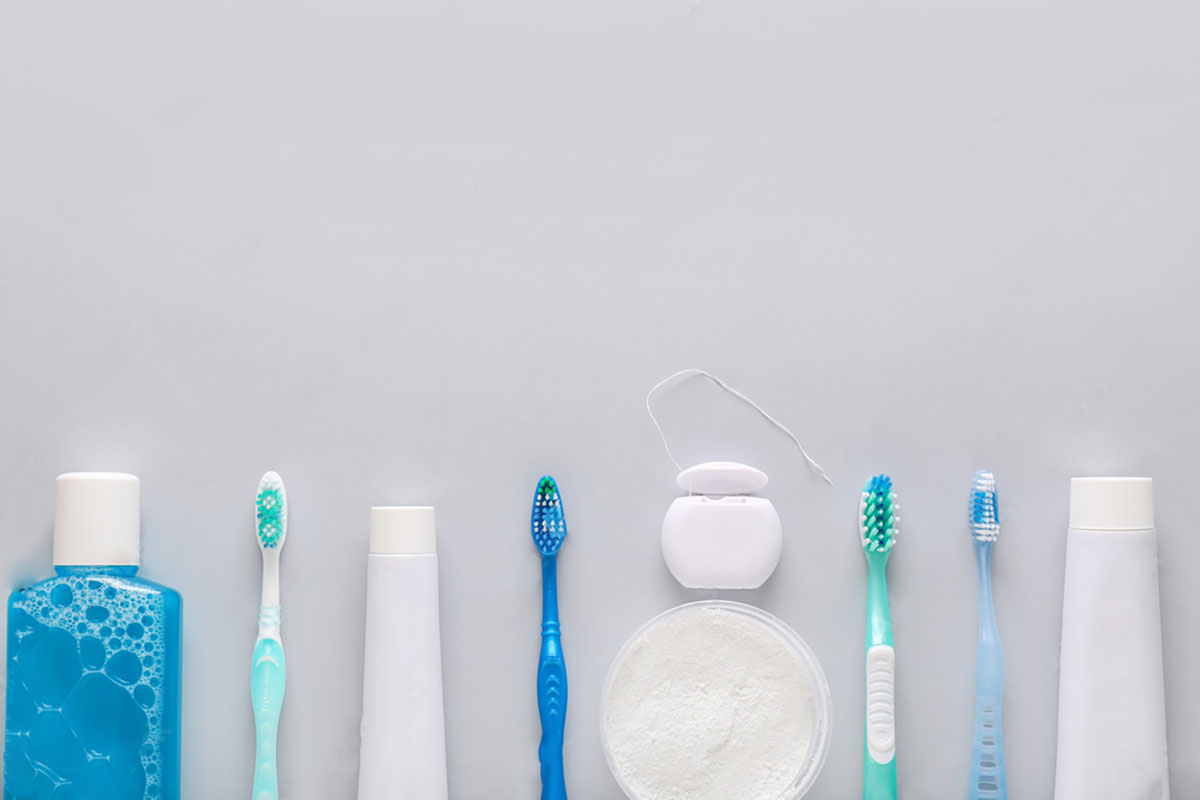
While oil pulling has gained a following due to its historical roots and reported benefits, scientific evidence does not support a claim of superior effectiveness over traditional oral care practices. Though some individuals claim to experience fresher breath and reduced bacteria, modern dental hygiene methods remain superior in maintaining oral health.
If you’re considering oil pulling, it’s best to use it only as a supplementary practice rather than a primary oral care method. For optimal oral health, brushing, flossing, and regular dental visits should always be prioritized over unproven alternative remedies. The best oral care approach is backed by scientific research and recommended by dental professionals. This is true for any number of ways to keep your mouth clean without brushing.
Our dental team recommends oil pulling only as an adjunct to traditional dental care and certainly not as a replacement. Oil pulling is cost-effective, very low-risk, and does seem to show some health benefits. In other words, it can’t hurt (when done correctly), but ensure you’re still brushing and flossing your teeth and using mouthwash.
Check us out on Facebook and Twitter for daily information about Oral Health from Martindale Dental, or visit our offices in Hamilton and St. Catharines.
Have more questions?
Please contact us for all inquiries or to book an appointment with one of our convenient clinic locations. We look forward to hearing from you.

